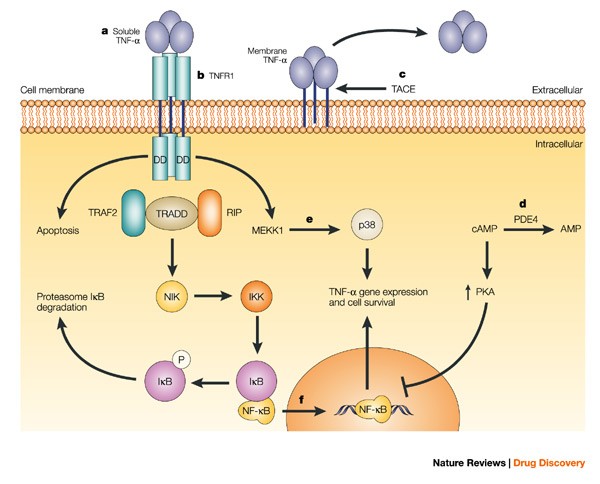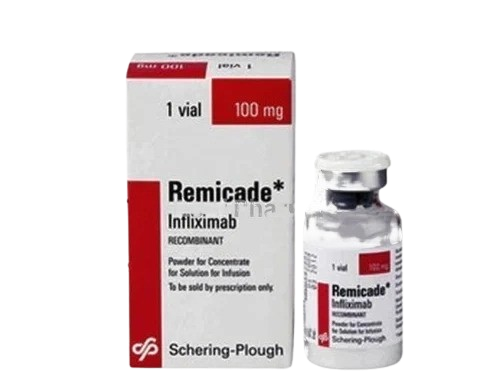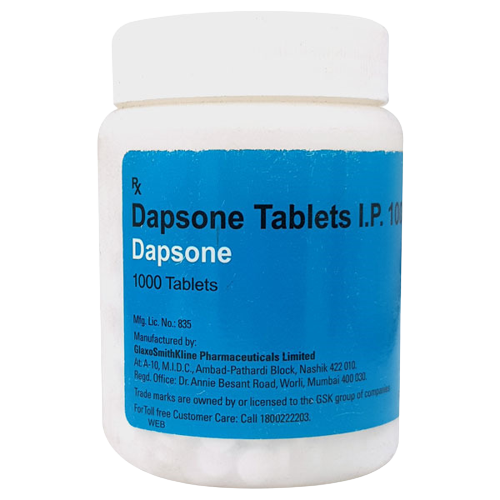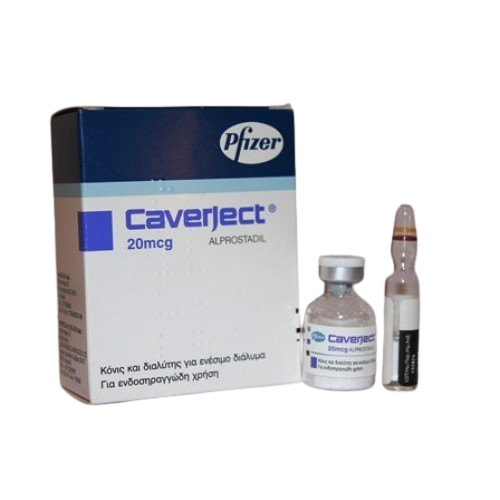Remicade (Infliximab) 100 mg Imported Available In Pakistan
Remicade, which contains the active ingredient Infliximab, is a biologic medication widely used in Pakistan for treating various autoimmune diseases.
Product Overview
- Product Name: Remicade IV Injection 100 mg
- Form: Injection
- Pack Size: Available in packs of 3 vials
- Marketed By: Janssen Biologics B.V., Netherlands
- Generic Category: Monoclonal Antibody
Indications
Remicade is indicated for the treatment of:
- Plaque Psoriasis
- Ankylosing Spondylitis
- Psoriatic Arthritis
- Other autoimmune conditions such as rheumatoid arthritis, Crohn’s disease, and ulcerative colitis
Original price was: ₨25,000.00.₨19,999.00Current price is: ₨19,999.00.
Description
Remicade, which contains the active ingredient Infliximab, is a biologic medication widely used in Pakistan for treating various autoimmune diseases.
Product Overview
- Product Name: Remicade IV Injection 100 mg
- Form: Injection
- Pack Size: Available in packs of 3 vials
- Marketed By: Janssen Biologics B.V., Netherlands
- Generic Category: Monoclonal Antibody
Indications
Remicade is indicated for the treatment of:
- Plaque Psoriasis
- Ankylosing Spondylitis
- Psoriatic Arthritis
- Other autoimmune conditions such as rheumatoid arthritis, Crohn’s disease, and ulcerative colitis
- Reduction of Inflammation: By inhibiting tumor necrosis factor-alpha (TNF-α), a protein that plays a significant role in systemic inflammation, Remicade effectively reduces inflammation associated with various autoimmune conditions
- Improvement in Symptoms: Patients often experience significant relief from symptoms related to conditions such as rheumatoid arthritis, Crohn’s disease, ulcerative colitis, ankylosing spondylitis, and psoriasis
- Prevention of Disease Progression: In conditions like rheumatoid arthritis, Remicade has been shown to inhibit the progression of structural joint damage, thereby improving long-term physical function and quality of life
- Long-term Remission: The use of Remicade can lead to sustained remission in chronic inflammatory diseases, making it a vital option for long-term management
- Enhanced Quality of Life: By managing symptoms effectively and reducing disease activity, patients often report an overall improvement in their quality of life
key Benefits of Remicade (Infliximab)
Remicade, containing the active ingredient Infliximab, offers several key benefits for patients suffering from autoimmune diseases. These include:
-
Key Ingredients
The primary ingredient in Remicade is:
- Infliximab: This is a monoclonal antibody specifically designed to target and bind to TNF-α. By blocking this cytokine, Infliximab helps to reduce inflammation and other symptoms associated with autoimmune diseases
-
How Remicade Works to Reduce Inflammation
Remicade (Infliximab) is a biologic medication that primarily functions by targeting and inhibiting a specific protein in the immune system known as tumor necrosis factor-alpha (TNF-α). Here’s a detailed explanation of its mechanism of action:
Mechanism of Action
- TNF-α Inhibition:
- TNF-α is a cytokine that plays a crucial role in promoting inflammation and is found at elevated levels in various autoimmune diseases. By binding to TNF-α, Infliximab prevents it from interacting with its receptors on cell surfaces, thereby blocking its inflammatory effects
- Reduction of Inflammatory Response:
- By inhibiting TNF-α, Remicade decreases the inflammatory response within the body. This leads to a reduction in the production of other pro-inflammatory cytokines and chemokines, which are responsible for driving the inflammation seen in conditions like rheumatoid arthritis, Crohn’s disease, and ulcerative colitis
- Improvement of Symptoms:
- The blockade of TNF-α results in alleviation of symptoms associated with chronic inflammatory diseases, such as pain, swelling, and joint damage. Clinical studies have shown that patients receiving Remicade often experience significant improvements in their symptoms compared to those receiving placebo treatments
- Long-term Benefits:
- Over time, by effectively managing inflammation, Remicade can help prevent long-term damage associated with chronic inflammatory diseases, thus improving overall quality of life for patients
Clinical Implications
Remicade is particularly beneficial for patients who have not responded adequately to conventional therapies. It is indicated for several conditions, including:
- Rheumatoid Arthritis
- Crohn’s Disease
- Ulcerative Colitis
- Ankylosing Spondylitis
- Psoriatic Arthritis
- Plaque Psoriasis
-
Mechanism of Action of Remicade (Infliximab)
Remicade (Infliximab) is a monoclonal antibody that acts primarily as a tumor necrosis factor-alpha (TNF-α) inhibitor. Its mechanism of action involves several key processes that contribute to its effectiveness in reducing inflammation in autoimmune diseases:
1. Binding to TNF-α
- Infliximab specifically binds to both soluble and membrane-bound forms of TNF-α with high affinity. This binding prevents TNF-α from interacting with its receptors on the surface of cells, effectively blocking its pro-inflammatory actions
2. Disruption of Pro-inflammatory Signaling
- By inhibiting TNF-α, Infliximab disrupts the activation of various pro-inflammatory signaling pathways. This includes the downregulation of other inflammatory cytokines such as IL-1 and IL-6, which are crucial in mediating inflammation and immune responses
3. Reduction of Immune Cell Recruitment
- The blockade of TNF-α decreases the migration and infiltration of immune cells (like lymphocytes and neutrophils) into inflamed tissues. This reduction in cell recruitment helps to alleviate the inflammatory response and tissue damage associated with autoimmune diseases
4. Induction of Apoptosis in TNF-producing Cells
- Infliximab can induce apoptosis (programmed cell death) in activated immune cells that produce TNF-α, such as monocytes and T lymphocytes. This further reduces the overall levels of TNF-α in the body, contributing to a decrease in inflammation
5. Decreased Expression of Adhesion Molecules
- The drug also attenuates the expression of adhesion molecules on endothelial cells, which are necessary for immune cells to adhere to blood vessel walls and migrate into tissues. This action further limits the inflammatory process
6. Clinical Outcomes
- By blocking TNF-α and disrupting these inflammatory pathways, Infliximab leads to significant clinical improvements in conditions such as rheumatoid arthritis, Crohn’s disease, ulcerative colitis, ankylosing spondylitis, and psoriasis. Patients often experience reduced symptoms, improved physical function, and long-term remission from their diseases

-
Key Precautions and Dietary Restrictions
When considering dietary guidelines and restrictions, it’s essential to focus on maintaining a balanced and healthy diet while being mindful of specific health conditions or lifestyle choices. Here are key precautions and dietary restrictions based on various health recommendations:
General Dietary Precautions
- Limit Added Sugars:
- Aim to reduce the intake of added sugars to less than 10% of total energy intake. A further reduction to below 5% can provide additional health benefits, particularly in reducing the risk of obesity and dental caries
- Control Saturated and Trans Fats:
- Keep saturated fat intake below 10% of total energy and trans fats to less than 1%. This helps lower the risk of heart disease
- Reduce Sodium Intake:
- Limit salt consumption to less than 5 grams per day (about one teaspoon) to help manage blood pressure and reduce cardiovascular disease risk
- Increase Fruit and Vegetable Intake:
- Consume at least 400 grams (five portions) of fruits and vegetables daily, excluding starchy roots, to ensure adequate fiber intake and reduce chronic disease risk
Specific Dietary Restrictions
- For Individuals with Allergies:
- Common Allergens: Avoid foods that trigger allergies, such as nuts, dairy, eggs, soy, wheat (gluten), fish, and shellfish. Always read labels carefully to avoid cross-contamination
- Lactose Intolerance:
- Individuals with lactose intolerance should limit or avoid dairy products unless they are lactose-free alternatives
- Gluten Sensitivity:
- Those with celiac disease or gluten sensitivity must avoid foods containing gluten, such as wheat, barley, and rye
- Vegetarian/Vegan Diets:
- Vegetarians should avoid meat, while vegans eliminate all animal products. Both diets require careful planning to ensure adequate protein, iron, calcium, vitamin B12, and omega-3 fatty acids intake
- Low-Carbohydrate Diets:
- For those following low-carb diets (like keto), limit carbohydrate intake significantly while focusing on high-protein and high-fat foods
- Alcohol Consumption:
- If consumed, alcohol should be limited to moderate levels—up to one drink per day for women and two for men—to minimize health risks
Precautions for Specific Populations
- Pregnant Women:
- Avoid raw or undercooked meats, unpasteurized dairy products, certain fish high in mercury (like shark or swordfish), and deli meats unless heated thoroughly
- Immunocompromised Individuals:
- Similar precautions as for pregnant women apply; avoid raw foods that may harbor bacteria or viruses, including unpasteurized juices and raw sprouts
- Older Adults:
- Focus on nutrient-dense foods to meet dietary needs while managing caloric intake; ensure adequate hydration and limit sodium intake to manage blood pressure
-
-
Dosage
Remicade (Infliximab) is administered as an intravenous infusion and the dosage varies depending on the condition being treated. Here are the recommended dosages for various conditions:
- Crohn’s Disease:
- Induction: 5 mg/kg at weeks 0, 2, and 6.
- Maintenance: 5 mg/kg every 8 weeks.
- Ulcerative Colitis:
- Induction: 5 mg/kg at weeks 0, 2, and 6.
- Maintenance: 5 mg/kg every 8 weeks.
- Rheumatoid Arthritis:
- Induction: 3 mg/kg at weeks 0, 2, and 6.
- Maintenance: 3 mg/kg every 8 weeks (may increase to every 4 weeks if needed).
- Ankylosing Spondylitis:
- Induction: 5 mg/kg at weeks 0, 2, and 6.
- Maintenance: 5 mg/kg every 6 weeks.
- Psoriatic Arthritis:
- Induction: 5 mg/kg at weeks 0, 2, and 6.
- Maintenance: 5 mg/kg every 8 weeks.
- Plaque Psoriasis:
- Induction: 5 mg/kg at weeks 0, 2, and 6.
- Maintenance: 5 mg/kg every 8 weeks.
For pediatric patients aged six years and older with Crohn’s disease or ulcerative colitis, the dosage is the same as for adults
Storage
- Remicade should be stored in a refrigerator at a temperature of 2°C to 8°C (36°F to 46°F).
- It should not be frozen; if frozen, it must be discarded.
- Once reconstituted, Remicade can be stored in the refrigerator for up to 24 hours, but it should not be shaken vigorously.
- Any unused portion of the reconstituted solution should be discarded after this period
Reviews
Remicade has received mixed reviews from patients and healthcare providers:
- Effectiveness: Many users report significant improvements in their symptoms related to autoimmune diseases such as Crohn’s disease, rheumatoid arthritis, and psoriasis. Patients often note a reduction in flare-ups and improved quality of life after starting treatment.
- Crohn’s Disease:
-
-
- Focus on nutrient-dense foods to meet dietary needs while managing caloric intake; ensure adequate hydration and limit sodium intake to manage blood pressure
- Limit Added Sugars:
- TNF-α Inhibition:








Reviews
There are no reviews yet.